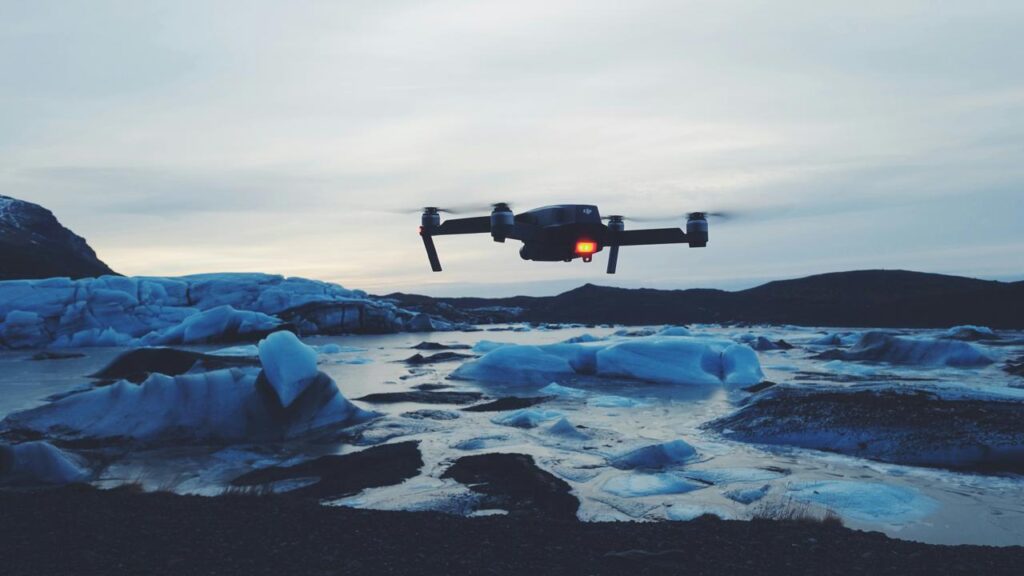
In a groundbreaking endeavor to tackle the waste accumulation on Mount Everest, DJI, a renowned drone manufacturer, is conducting tests to airlift waste from the world’s highest peak.
The initiative, spearheaded by the Khumbu Pasang Lhamu Rural Municipality in Nepal, aims to utilize drones to transport waste, particularly focusing on human waste, from various camps on Everest.
According to Mingma Chiri Sherpa, Chairman of the Khumbu Pasang Lhamu Rural Municipality, the testing phase has already commenced, with drones successfully airlifting waste from Camp I to Base Camp.
Since the inception of the test, approximately 110 kg of waste has been airlifted from Camp I to Everest Base Camp, demonstrating the feasibility of using drones for waste management in such challenging terrains.
The Rural Municipality collaborated with Airlift Nepal for the initiative, with Airlift Nepal procuring DJI drones for the project.
Permission was obtained from the Home Ministry, considering the stringent drone regulations in Nepal.
The drones utilized for the tests are the DJI FlyCart 30 models, specifically designed for delivery purposes.
Each drone has a capacity of up to 30 kg, although due to the high-altitude conditions, they currently carry 18 kg.
Equipped with advanced features such as real-time terrain sensing and built-in parachutes for emergency landings, these drones are tailored for challenging weather conditions.
During the testing phase, technicians from Airlift and a representative from DJI are stationed at Camp I and Base Camp. The Rural Municipality is facilitating their accommodation to ensure the smooth progress of the tests.
While the primary focus is on waste collection from Camp I, there are plans to extend the testing to Camp 2 throughout the season.
The feasibility of financially sustaining such operations will be evaluated, with further decisions contingent on the test outcomes.
In line with efforts to mitigate waste accumulation on Everest, climbers are now required to bring back 8 kg of waste from their expeditions, alongside a deposit paid while obtaining permits. This enforcement aims to address previous shortcomings in waste management on the mountain.
The DJI FlyCart 30, priced at approximately $42,000, was released in 2024.
The Rural Municipality is conducting free tests in collaboration with DJI, with the possibility of procuring the drones at a concessional rate in the future.
Chairman Sherpa expressed willingness to purchase the drones if the municipality’s budget permits, or seek support from the central government if necessary.
As the tests progress, the utilization of drones for waste airlift on Mount Everest promises to revolutionize waste management practices in one of the world’s most challenging environments.